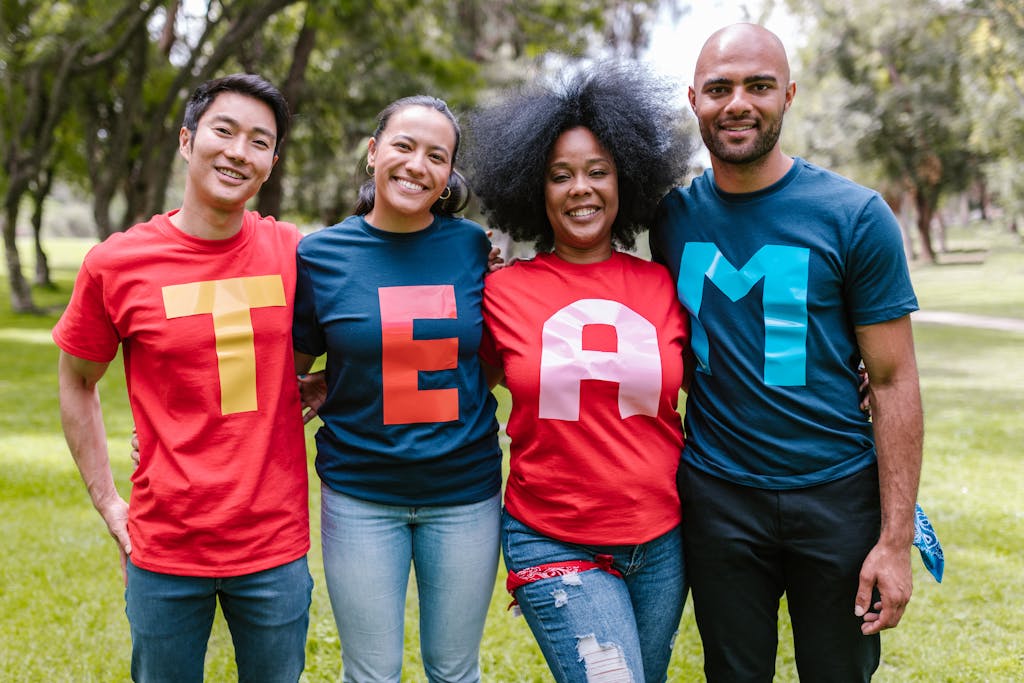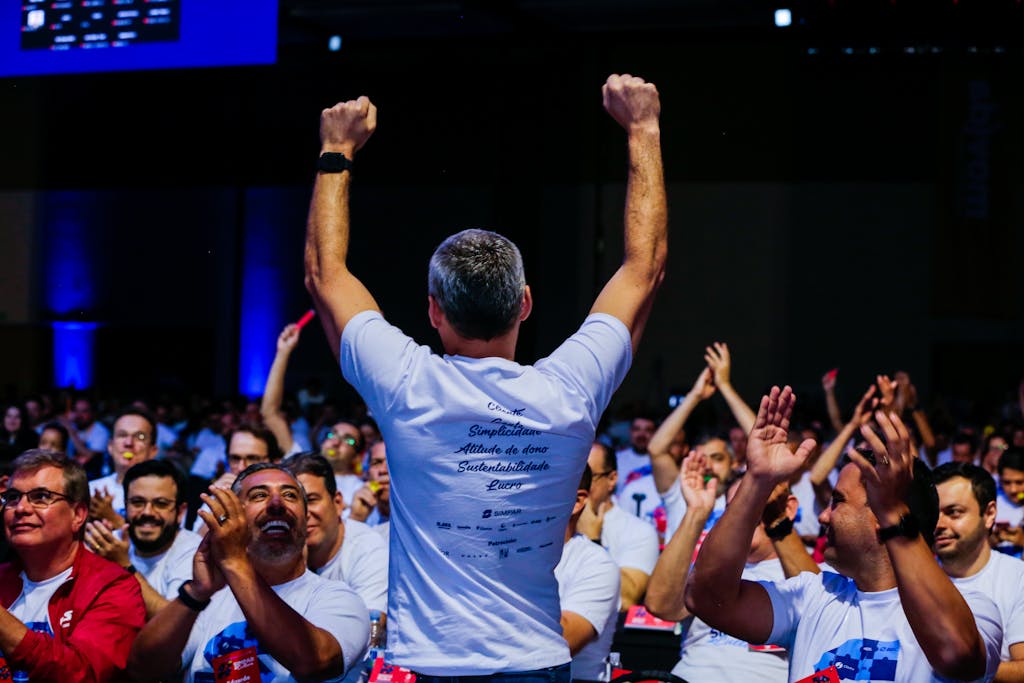When HR leaders talk to me about team building, I often hear the same story.
“We got a package from a hotel. Everything was arranged—transportation, food, activities. The staff had fun, but honestly, nothing really changed. Monday came, and it was business as usual.”
I understand why team-building packages are attractive. They promise convenience: one price, one call, and everything is taken care of. If I were in their shoes, I’d also be tempted. HR has a million responsibilities. Who wouldn’t want something quick and easy?
But here’s the hidden truth: while packages look convenient, they often cost you more in the long run—not in pesos, but in wasted opportunities.
This article is about exposing the hidden costs of one-day team building packages, showing why they fail to deliver transformation, and giving you a better alternative—the Bayanihan Way, a framework we’ve built over two decades of designing real solutions for teams.
Why Packages Look Attractive
Let’s be fair. Packages exist for a reason.
Hotels and event organizers discovered that many companies don’t want the hassle of arranging logistics. They want something fast, predictable, and budget-friendly. So packages include:
- Venue and food
- Transportation
- T-shirts, giveaways, and photos
- A set of games or activities
- Sometimes even a facilitator (usually whoever is available at the lowest price)
It’s neat. HR just signs the contract, and the problem is off their desk. Employees show up, play games, eat well, and go home.
For many people, that’s enough. Team building = outing. Fun, laughter, bonding.
And there’s nothing wrong with that—if your only goal is entertainment.
But if your goal is trust, commitment, and collaboration, packages fall short.
What Are One-Day Team Building Packages?
One-day team building packages are pre-arranged “all-in” offers. They’re designed to be convenient.
What they usually include:
- Venue (resort, hotel, or retreat center)
- Meals and snacks
- Transportation and logistics
- T-shirts or uniforms
- Photos or videos of the day
- Activities—usually physical games or relays
- A facilitator (outsourced, often at the cheapest rate)
Why they’re popular:
- Convenience: HR doesn’t need to coordinate multiple suppliers.
- Predictability: A fixed price per head.
- Familiarity: Many employees expect team building = games + food + prizes.
But here’s the problem: what’s included is not what matters most.
What’s missing is the real heart of team building—alignment, facilitation, and sustainment.
Packages vs. Transformation
| Included in Packages | Missing from Packages (But Essential) |
|---|---|
| Venue, food, transport | Alignment with team’s real goals |
| Ready-made games | Immersive experiences tailored to vital behaviors |
| Fun, laughter, photos | Facilitation that guides reflection and insight |
| Cheap facilitator | Skilled facilitator who designs for transformation |
| One-day event | Sustained change through 30/60/90 follow-ups |
The Hidden Costs of One-Day Team Building Packages
At first glance, packages look cheaper. But let’s uncover the hidden costs.
1. They Prioritize Logistics, Not Learning
Event organizers are experts in logistics. They make sure buses arrive on time, food is served hot, and the sound system works. And that’s valuable.
But logistics don’t change culture. Learning does.
When the focus is on schedules, meals, and photo ops, the deeper purpose—building trust, accountability, and commitment—gets lost.
The hidden cost? Teams return to old habits, and the organization remains stuck.
2. They Use Canned Activities
Packages come with pre-set activities. Relay races, sack games, obstacle courses. The same for everyone, regardless of context.
But canned activities can’t solve specific problems.
I once saw a company struggling with accountability play sack races as their “team building.” Fun? Yes. Relevant? No.
When activities don’t match real needs, the day feels busy but meaningless.
The hidden cost? Employees see team building as shallow, not strategic.
3. They Hire the Cheapest Facilitator
Here’s something most HR leaders don’t realize: many event organizers subcontract facilitators. Their goal is profit. To maximize margins, they often hire whoever is cheapest.
This facilitator might be energetic and entertaining, but without training in reflection, coaching, and behavior design, the program becomes just games.
Think of it this way: would you let the caterer also deliver your leadership training? Of course not. But that’s what happens when facilitation is bundled into packages.
The hidden cost? You pay for a facilitator who can host, not one who can transform.
4. They Ignore Alignment and Sustainment
Packages focus on the day. They rarely ask: What will success look like after?
There’s no discovery process, no identification of vital behaviors, no sustainment plan. Once the day ends, the contract is over.
But transformation requires follow-through. That’s why in our programs we embed 30/60/90 projects and send weekly nudges to keep lessons alive.
The hidden cost? Without follow-up, Monday looks exactly like Friday.
5. They Create a False Sense of Achievement
This may be the biggest cost of all.
Leaders think: “We’ve done team building!” HR ticks the box. Employees enjoy the outing. But underneath, nothing changes.
The real issues—lack of trust, fear of speaking up, weak accountability—remain untouched.
The hidden cost? Wasted money, wasted time, wasted opportunity.
Why Convenience Isn’t the Problem
Let me be clear: I don’t blame HR for choosing packages. Convenience is valuable.
Event organizers and venues serve an important role. If you need someone to take care of food, transport, and hotels, go for it. They can make your life easier.
The problem isn’t convenience. The problem is the middleman deciding your facilitator.
Because event organizers are incentivized to find the cheapest facilitator, not the best. Even if they partnered with us at Team Bayanihan, you don’t need someone in the middle to pass your message. You need to talk directly to the facilitators who will design your program.
When you work directly with facilitators, you get solutions, not just packages.
How to Do It Right: Solutions, Not Packages
So, how do you balance convenience with transformation?
Talk Directly to Facilitators
If you want real results, speak directly with the people designing and facilitating your program. Share your challenges. Define your vital behaviors. Don’t outsource that conversation to an event organizer.
Use Event Organizers Wisely
Let them handle logistics. That’s their expertise. Transportation, food, hotels, giveaways—they’ll do that better than anyone. But keep facilitation separate.
Design for Shifts, Not Just Events
Transformation happens when experiences are immersive, debriefs are honest, and follow-through is built in. That’s why we can run programs anywhere—hotel, beach, forest, office, even an empty space in Luneta. What matters isn’t the venue. What matters is the design.
The Bayanihan Way: A Better Alternative
At Team Bayanihan, we don’t sell packages. We design solutions.
Our framework—Align, Design, Facilitate, Sustain—ensures every program is tailored to your team’s needs.
| Package Approach | Bayanihan Way |
|---|---|
| Focus on logistics | Focus on transformation |
| Pre-set games | Experiences tied to vital behaviors |
| Cheapest facilitator | Skilled facilitators with 20+ years of practice |
| Ends on the last activity | Sustained with 30/60/90 projects and nudges |
| Same for every client | Rooted in your culture and Filipino values |
This isn’t theory. It’s practice. Since 2007, we’ve worked with thousands of participants across the Philippines and Asia. We’ve written books like Culture That Sticks, Create Shifts, Team First, and Play As One. We’ve helped organizations transform not just for a day, but for months and years after.
Frequently Asked Questions
I’m an HR manager. Why are packages so common?
Because they’re convenient. HR can book them quickly without extra work. But convenience doesn’t equal transformation.
I’m a CEO. How do I explain to my team why packages aren’t enough?
Tell them packages cover logistics, not learning. Real team building requires facilitators who align with goals, design experiences, and sustain change.
I’m a manager. Can a one-day package ever work?
It can work for fun and bonding. But if you want trust, accountability, or collaboration, you’ll need more than a package.
I’m part of HR. How do I balance logistics and transformation?
Hire event organizers for food, transport, and venues. But speak directly with facilitators for program design and sustainment.
I’m in a remote team. Are packages even relevant to us?
Not really. Remote teams benefit more from customized virtual experiences, breakout rooms, and ongoing rituals—not pre-set packages.
The Real Cost of Packages
One-day team building packages are convenient. They make life easy for HR. They deliver fun. But their hidden cost is much higher: wasted money, wasted time, wasted opportunity for change.
You don’t just need an event. You need a solution.
So yes, hire event organizers to arrange buses, food, and venues. But when it comes to facilitation, talk directly to those who design transformation.
That’s what we do at Team Bayanihan. We don’t compete with venues or organizers. We partner with them when needed. But our focus is different: we create solutions, not packages.
If you’re ready to go beyond convenience and invest in transformation, explore our Team Building Workshops at Team Bayanihan.
Let’s design your program the Bayanihan Way—where every moment creates a shift that lasts long after the day is done.

Unmasking the Team Player Myth in Philippine Workplace Culture

25 Team Building Activities for Filipino Teams: A Complete Toolkit for Leaders

The Ultimate Guide to Team Building Activities (2025 Edition)

